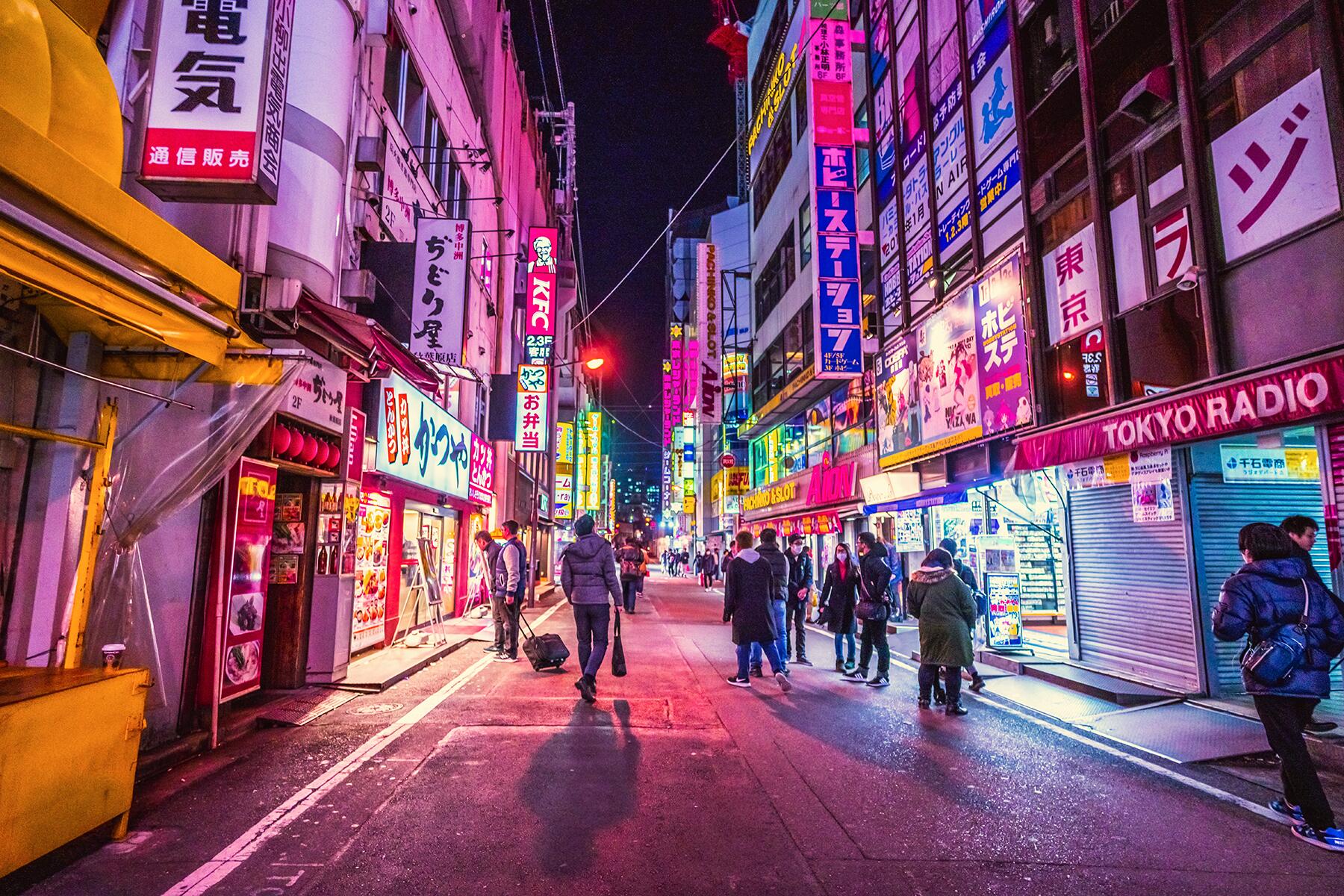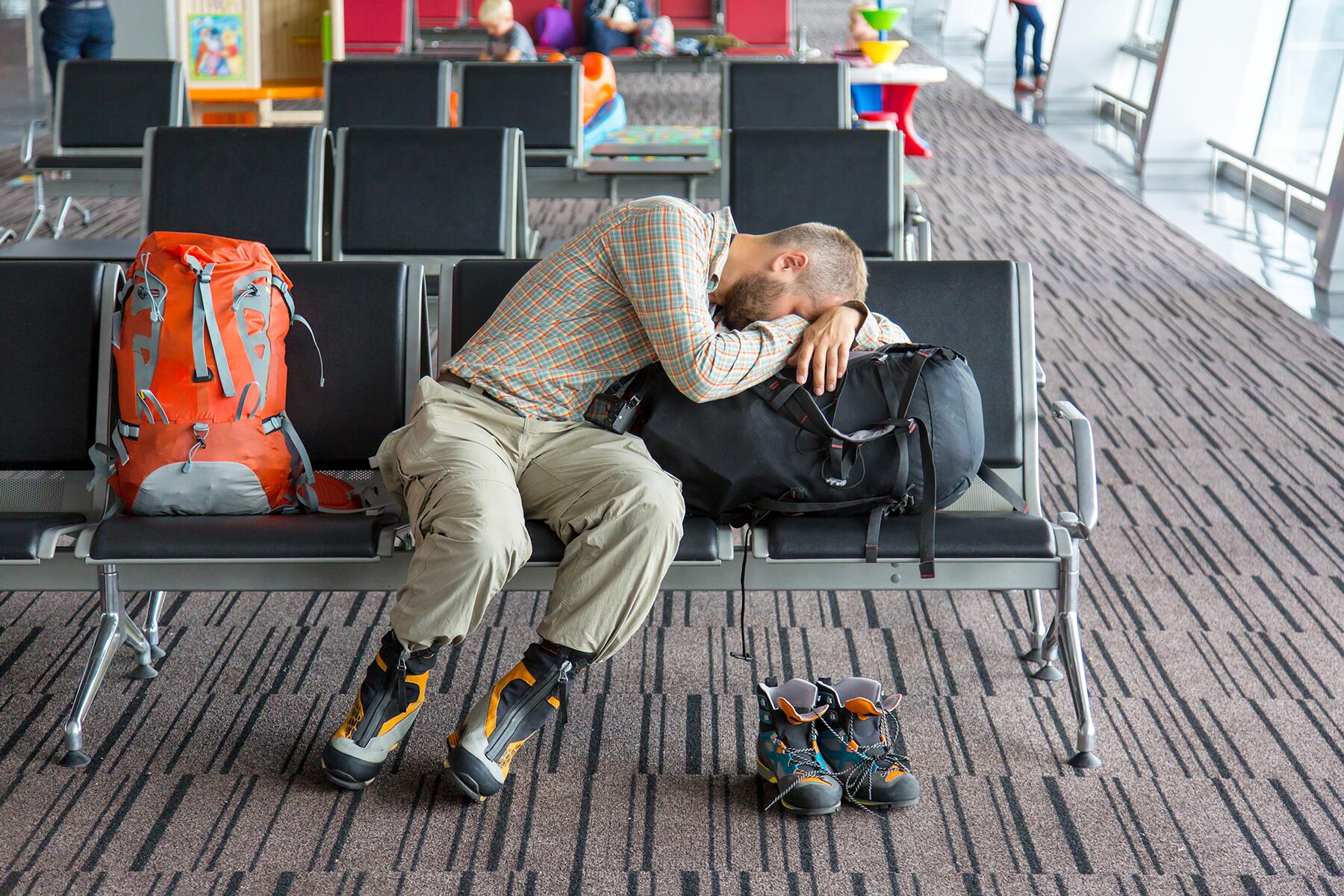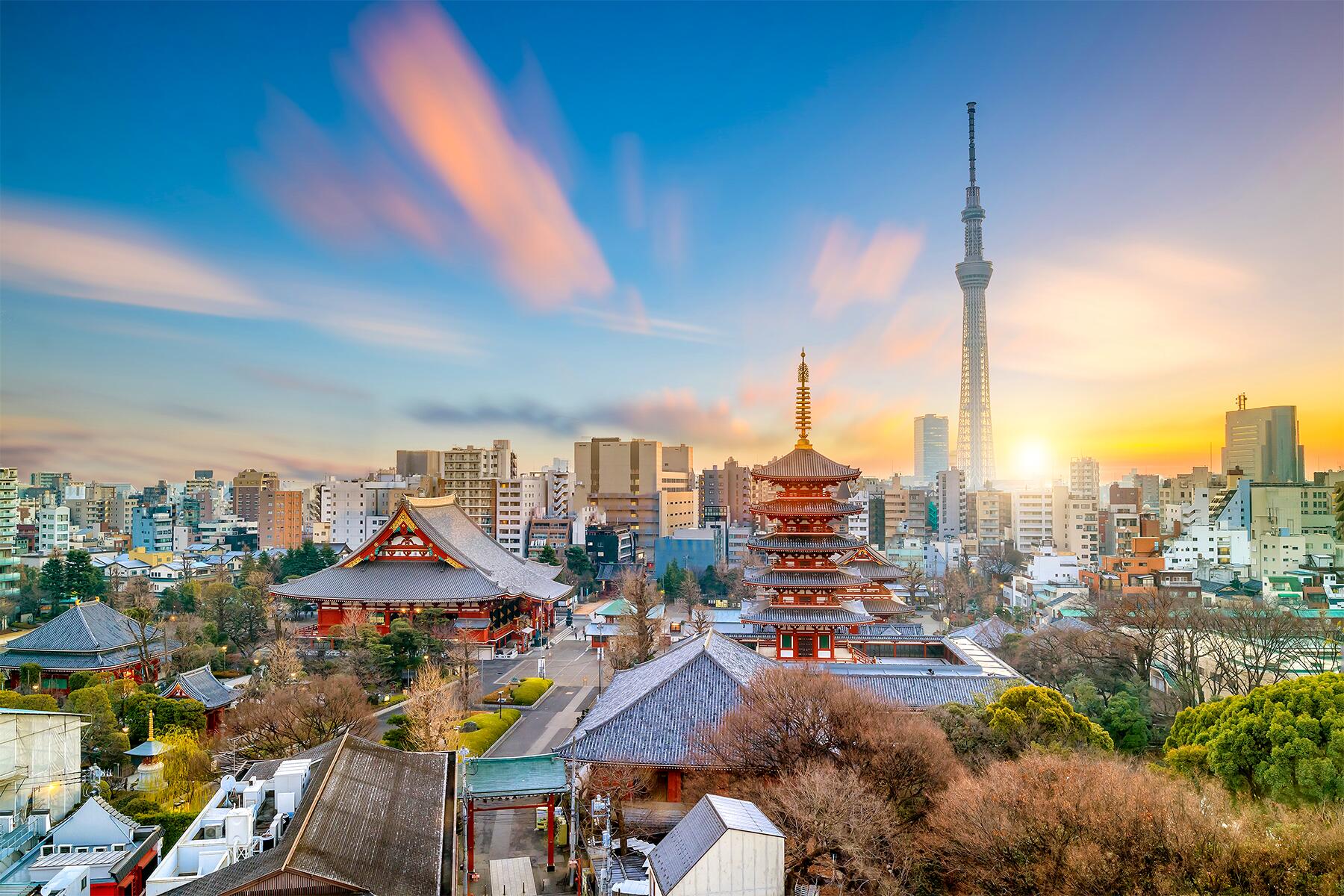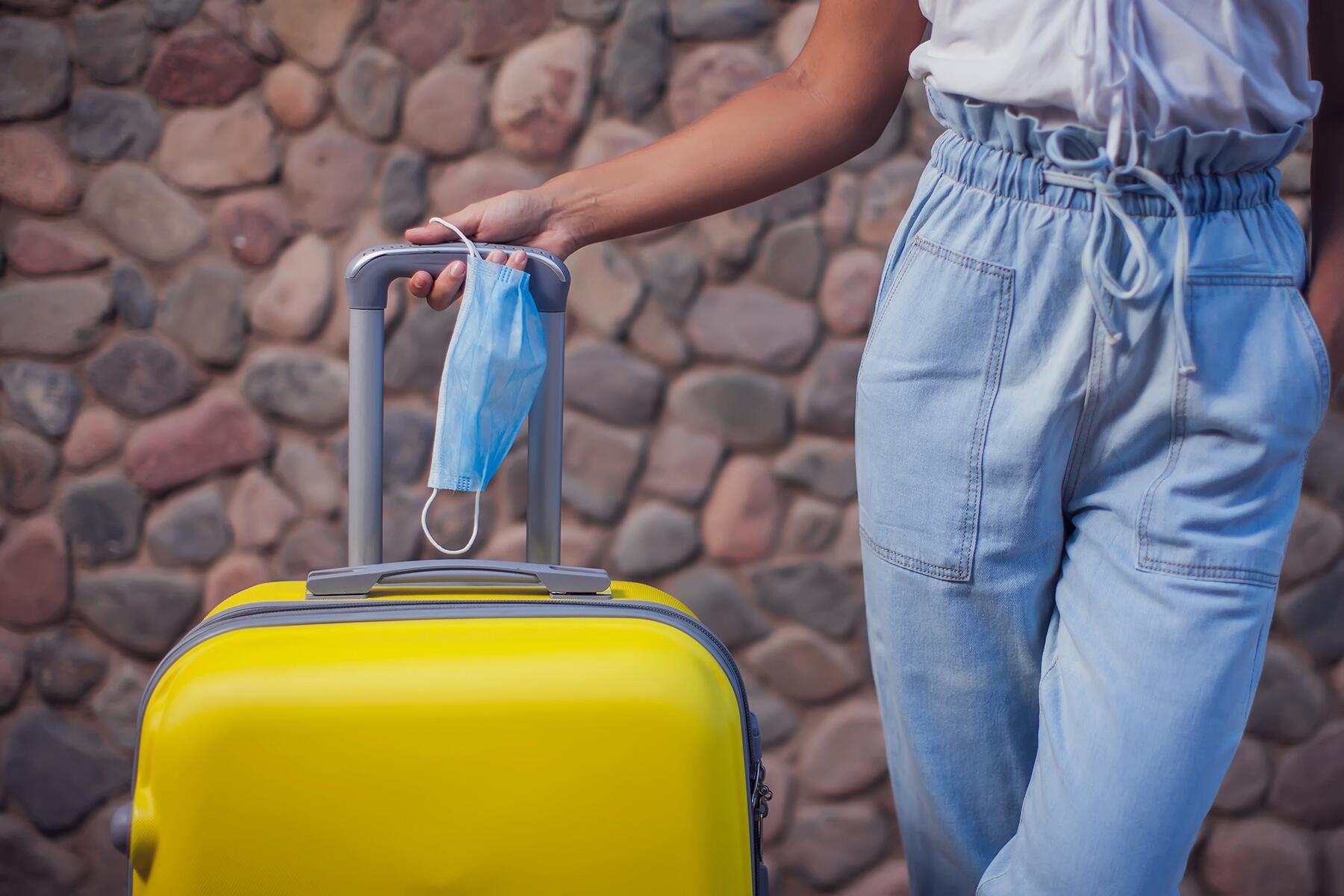The irony is that for all the planning that travel is wringing out of us, very little seems to be under our control.
I live in and India and, as I write this, we’re witnessing another surge in COVID-19 cases. The country reported more than 100,000 cases in a day for the first time since the pandemic started, becoming the second country after the U.S. to hit that mark. People above 45 years old are now eligible for the vaccines, but the cases are rising due to pandemic fatigue, lack of preventative measures, and the opening of the economy. Did you see pictures of people celebrating the Hindu festival of Holi last month without any masks? The scenes were indicative of what was to come—an explosion of cases.
In March, when things were deemed under control here, I hoped to travel domestically (taking all precautions) in the summer. I took a trip in December to Goa, but the only great risk factor was the flight because I was staying with a friend. This time, I was plagued by multiple decisions.
India is a vast nation with such diverse landscapes and cultures that going in any direction would have been fun. But there were so many questions: which state would require a COVID-19 test or mandatory quarantine? What hotels are taking all precautions? How will we go? What happens in case of closures? Where will we eat and where will we use the washrooms? What happens if we catch COVID-19 there? Do we need to look at hospitals and medical facilities? Will travel insurance cover it?
Recommended Fodor’s Video
The pandemic has stripped spontaneity out of travel. You can’t hop on an airplane with your friends after a last-minute booking. You can’t discover a new destination with wide-eyed wonder, going from one place to the next. There are rules that are so ephemeral, there are health guidelines, and there is so much fear. So, everything has to be mapped out and planned, with contingencies underlined, too. And the irony is that for all the planning that travel is wringing out of us, very little seems to be under our control!
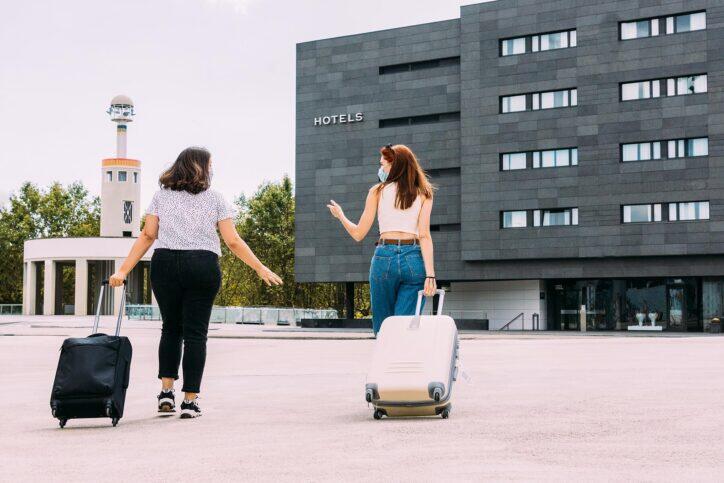
The pandemic has psychologically affected us in many ways. The American Psychology Association reported that 78% of Americans said that the pandemic was a source of stress in 2020 and 67% said they experienced increased stress over the course of the pandemic. Traveling hasn’t been easy either. After being cooped up at home for so long, it should be liberating to get out—but it takes serious effort to balance out the risks with the rewards. Most people who have traveled recently know how nerve-wracking the experience can be. The unpredictability of the pandemic has fueled travel anxiety and stress; there’s also a feeling of helplessness at the situation. But there are ways to cope with it.
Everyone has a different risk tolerance, something experts reiterate when asked if it’s okay to travel. Some are happy campers in the national parks, others are flying to the Maldives or Bahamas or Florida. Now travel companies—sinking in the pandemic—are also looking for innovative ways to attract travelers, from flights and cruises to nowhere to mystery vacations (where you don’t know where you were going until the last minute).
Qantas gave the first taste of a domestic mystery flight to its passengers in March when it flew from Brisbane to Orange, New South Wales. The flight that was sold out in minutes took 152 passengers on an adventure without revealing the destination until the descent and brought them back after lunch in a vineyard followed by a wine tasting. The airline originally offered mystery flights back in the ’90s and it brought the concept back to make travel exciting again.
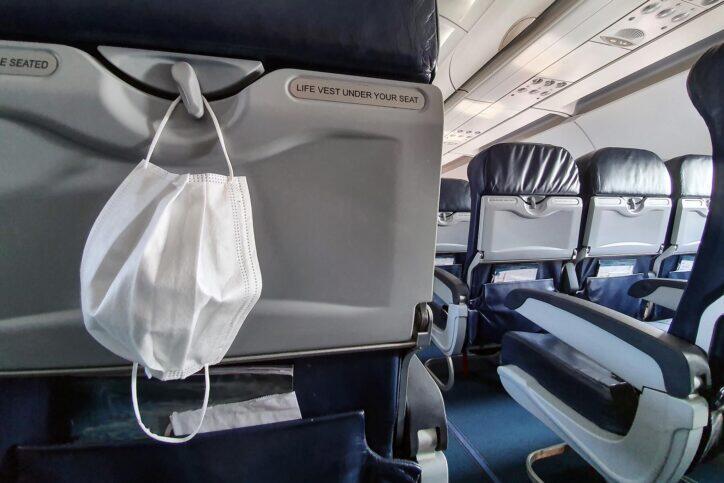
I can see the appeal of such trips—in a world when you have to make your moves so carefully, these allow you to shrug off a few burdening decisions and let your death-grip on the steering wheel loosen just a bit. Let the airline decide and add spontaneity to travel. It may inspire the same joy that you used to get walking down an unknown street in a foreign destination, popping into an interesting store, looking at the architecture of a village church, discovering a street food cart—things that seem so out of reach after lockdowns.
Now science is telling us that fully vaccinated individuals can travel safely—there are very low risks of catching the virus or spreading it. Until you have both doses though, there are precautions you can take to keep yourself and your community safe while traveling (though non-essential travel is still discouraged by the CDC). And, of course, focusing on things we can control, rather than what we can’t, is one of the ways we can get comfortable with this life-changing event.
Remember how cautiously optimistic we were about 2021? When travel trends were being discussed for this year, travel experts spoke of impulsive trips and revenge travel. In a survey by Hotels.com, American travelers admitted that they want to make spontaneous decisions this year. People want to travel with a vengeance, indulge themselves after more than a year of being stuck at home and being at the mercy of the virus. It seems that it has already started—Americans are taking to the skies and air travel is surging.
Nonetheless, for now, travel requires regimented planning with more flexibility penciled in than pre-COVID. We still need to be prepared for eventualities—more than flight cancellations and delays. Plus, every time we make plans, we have to weigh whether the joy of traveling is worth the extra steps. For most, the awe and delight of getting out there and discovering a new world may tilt the balance.
